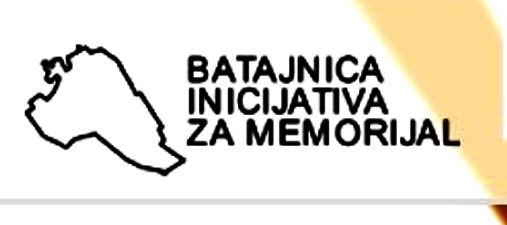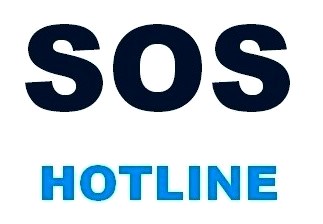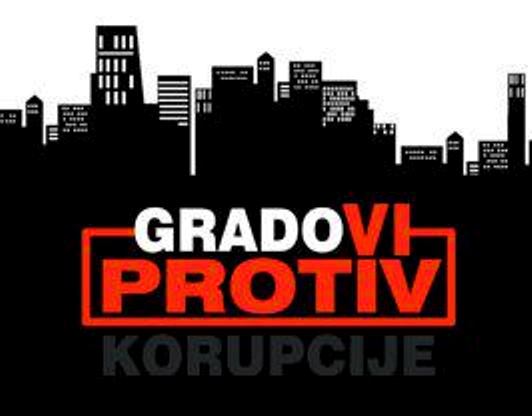Call for expressions of interest - Take part in the focus group to be held in Belgrade
16 / november / 2019.
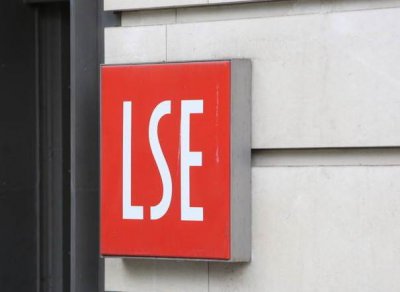
Belgrade, 15 November 2019 - A focus group is scheduled to take place in Belgrade between 20 - 27 November. Are you interested in taking part in this event? If yes, message us at info@tritacke.org
This focus group is one among many research and data collection activities being implemented under the "Justice Interactions and Peacebuilding: From Static to Dynamic Discovers across the Nation, Ethnic, Gender and Age Groups" project.
The purpose of this project is to find out how people interact with each other in their post-conflict discussions on justice. The research will compare how people discuss these topics while simultaneously belonging to different groups, such as ethnic, national, gender or age groups. The aim of the project is to determine the extent to which these discussions promote peacebuilding and how they do it. The motivation of the project is to learn from experiences of countries of the former SFRY in order to provide lessons to other regions in the world recovering from conflict.
Holding series of focus groups is envisaged by the project and the plan is to hold one of them in Belgrade. Prior knowledge on the topic of transitional justice is not mandatory; participants should be up to 35 years old. Focus group shall not take longer than 1-1.5 hours.
Our organisation provides an ad hoc support to colleagues involved in the research by gathering participants for a focus group that will take place in Belgrade. Dr. Ivor Sokolic PhD is a postdoctoral researcher at the London School of Economics and Political Science. He is engaged in the research component of this project and will lead this focus group.
If you are interested in taking part in this event, let us know at info@tritacke.org
Transitional Justice Program - New push to our efforts
16 / june / 2019.
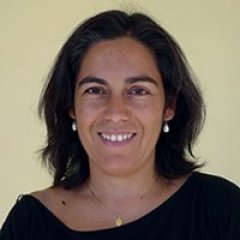
Belgrade, 16 June 2019 - One of major drives of our activism is the non-existent dealing with the past in the region of former SFRY (in regard to conflicts that took place by the end of XX century). One of our goals is to keep the causes of such circumstances under the spotlight, both in Serbia and in the region. Also we intent to design, to propose, to advocate and to implement activities that will change the current circumstances.
Thus we are encouraged and proud that as of today our TJP structure is stronger. Dr. Sarah Correia PhD will be providing us with additional expertise, guidance and advisory support so to ensure that the activities that we plan, the content that we provide and the results we achieve in the field of transitional justice are creating visible and sustainable change.
Dr. Correia holds a PhD from the London School of Economics and Political Science where she is currently engaged as a teaching associate .You can read her biography here
"Revisiting Dealing with the Past and Transitional Justice in the Balkans"
23 / september / 2018.
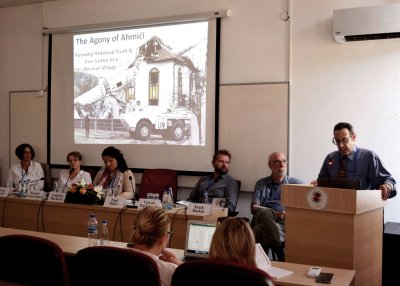
Pristina, 23 September 2018 - Academic Conference "Revisiting Dealing with the Past and Transitional Justice in the Balkans" was held on 20-22. in September 2018 in Pristina. Forum ZFD Kosovo (Forum Ziviler Friedensdienst) and the University of Prishtina co-organised the event.
The Conference brought together scholars from diverse academic fields and practitioners who are working from different thematic and theoretical paradigms to explore approaches to dealing with the past and transitional justice approaches in post-SFRY space, and beyond.
The aim of the conference was to address a whole set of questions, including: Is it possible to identify novel paradigms and/or frameworks for dealing with the past? What is the potential of the rule of law to respond to antagonistic narratives of the past? How has transitional justice shaped the transition from conflict to peace? How is the past portrayed? Who is commemorated and how? Are the representations of the past becoming more inclusive and less antagonistic? What is the role of the state and civil society in the process of dealing with the past and conflict transformation? How have transitional justice mechanisms shaped narratives of the ‘troubled past’ in post-Yugoslav space?
The conference was attended by experts from universities, institutions and organizations from the United Kingdom, Germany, Albania, Bosnia and Herzegovina, Serbia, Poland, Norway, Switzerland, Croatia, Australia, Hungary and from various parts of Kosovo*.
During the "Restorative Justice and Truth-Seeking Initiatives" panel, Andjelka Markovic presented the findings of "Serbia: how did (if it did) the general public learn from institutions about war crimes from the recent wartime past and about related war crimes trials in 2016" pilot survey.
Find more details about the Conference here
Academic Conference "Revisiting Dealing with the Past and Transitional Justice in the Balkans"
16 / september / 2018.
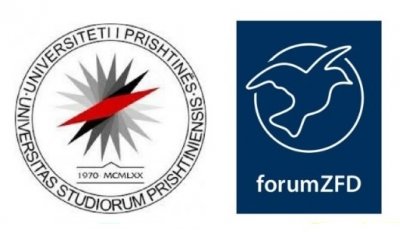
Belgrade, 16 September 2018 - The Three Points activist will take part in the international conference "Revisiting Dealing with the Past and Transitional Justice in the Balkans", which will take place in Pristina on 20-22 September 2018. The conference organisers are the forumZFD Kosovo (Forum Ziviler Friedensdienst) and the University of Prishtina.
The aim of the Conference is to bring together scholars from diverse academic fields and practitioners who are working from different thematic and theoretical paradigms to explore approaches to dealing with the past and transitional justice approaches in Yugoslav successor states, and beyond
During the "Restorative Justice and Truth-Seeking Initiatives" panel, the Three Points activist, Andjelka Markovic will present the findings of our "Serbia: how did (if it did) the general public learn from institutions about war crimes from the recent wartime past and about related war crimes trials in 2016" pilot survey.
More details about the Conference are available here.
Serbia: How does (if it does) the general public learn from institutions about war crimes from the recent wartime past and about related war crimes trials
01 / october / 2016.

Belgrade, 1 October 2016 - Denying of war crimes, glorifying of defendants and disrespect for victims other than Serbian, persist in Serbia ever since the (open) hostilities ended on the territory of the former SFR Yugoslavia. Such atmosphere usually generates (serious) consequences upon anyone who might dare to challenge or to oppose the official narrative on the recent wartime past.
With awareness of such circumstances, a pilot research was conducted on (if and) how the public in Serbia in 2016 learns from its institutions about war crimes from the recent wartime past and about related trials, and (if and) in what manner the institutions communicate those information to the public.
The research went beyond declarative political commitments to regional stability and peace, and examined if tangible evidence are there that make those statements truthful.
The focus was on the following:
- The public media broadcaster in Serbia informs the public about the recent wartime past, of war crimes victims and of responsible for war crimes - does it? And how?
- Do the institutions of executive power in Serbia communicate to the public the information on the recent wartime past, on victims of war crimes and on responsible for war crimes?
- Do the institutions such as museums, archives, libraries (financed from the budget of the Republic of Serbia) inform the public on the recent wartime past? And how?
- Did the educational institutions (financed from the budget of the Republic of Serbia) include the information on the recent wartime past in their curricula?
1) Faculties that teach law
2) Faculties that teach political sciences
3) Institutions that teach future members of military and police forces
- Does the judiciary make information on war crimes trials available to the public? If yes, are they available in an easy, understandable, non-bureaucratic manner?
The research was initiated in March 2016. It was completed in September 2016. The plan is to expand it and to repeat it in 2021.
Download the pilot research here.


